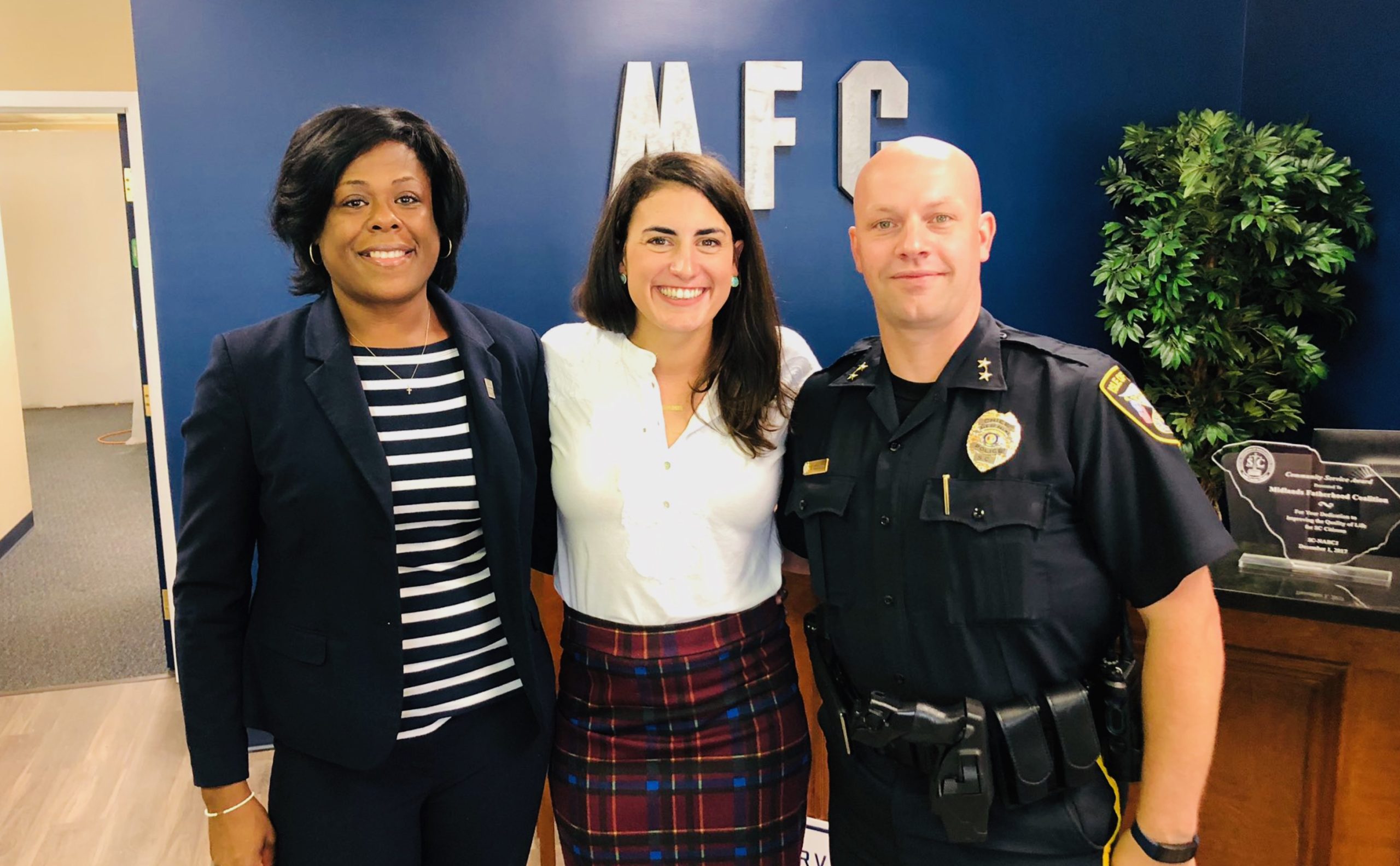‘Courageous Conversations’: Serve & Connect Founder Kassy Alia Ray Shares Her Perspective
Starting a necessary, national dialogue right here, right now …
It seems everywhere you turn these days people keep saying they want to “have a conversation.&
